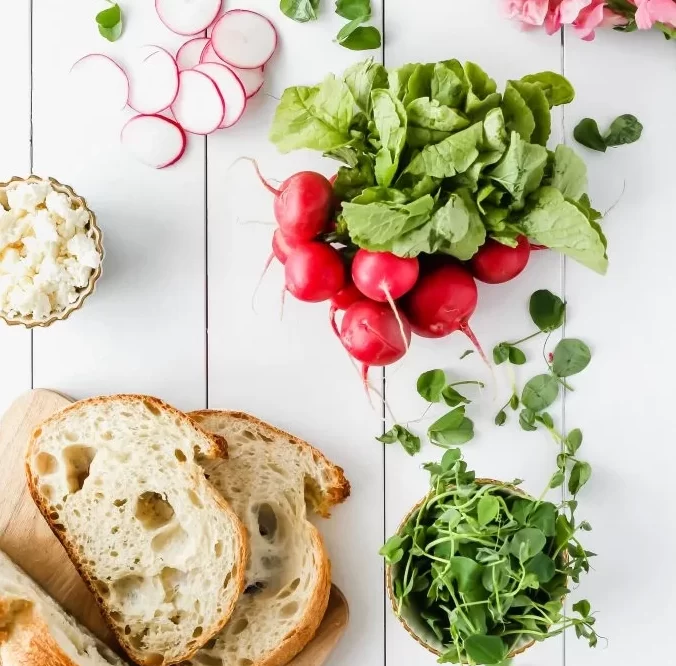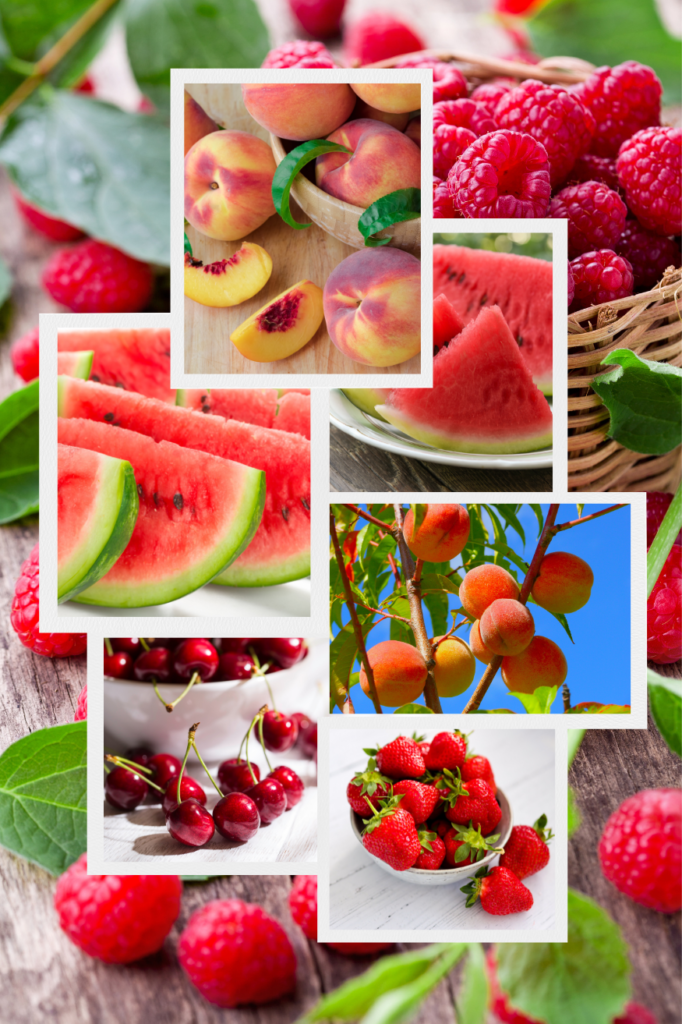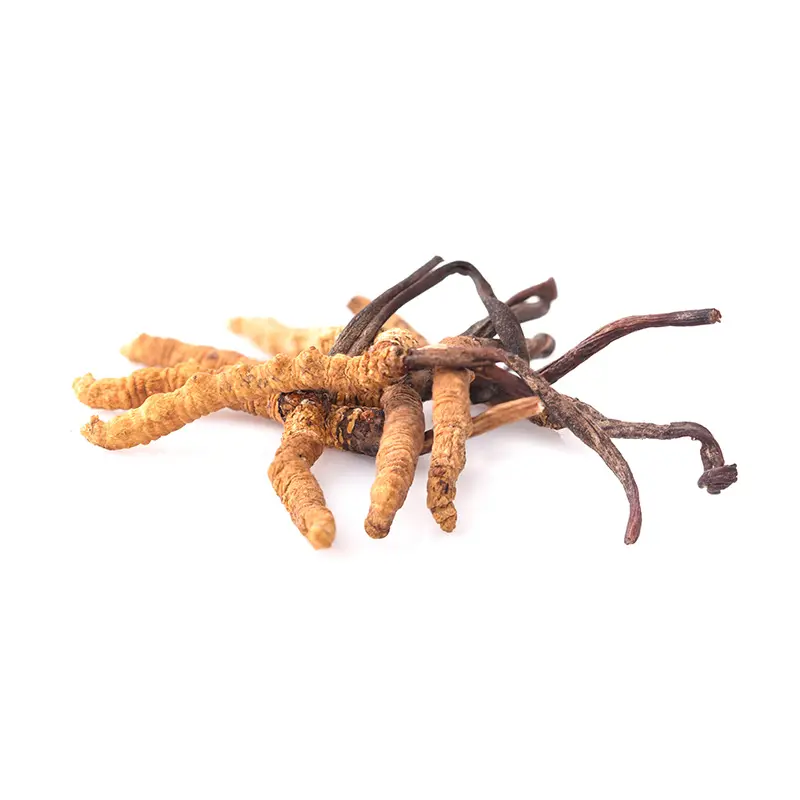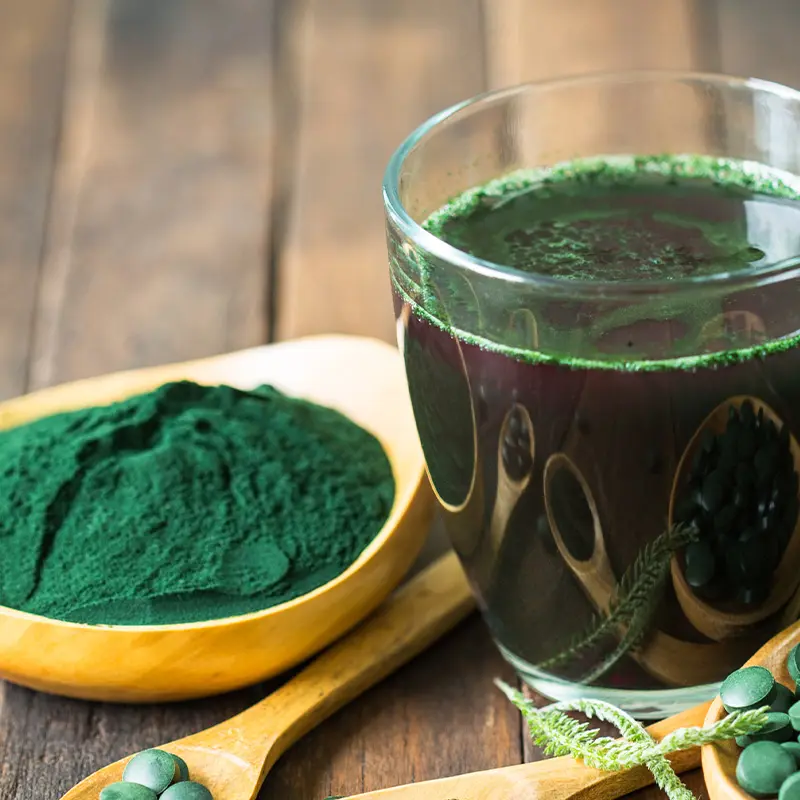Finally, summer’s landed! The weather is glorious and I have a camping trip coming up with family and friends! As and when it begins to get warmer, a change of diet and lifestyle are needed. In the sunshine, we become vulnerable to heat stroke, dehydration and exhaustion. So, it’s important to look after our own bodies and the physical beings of the people we care for.

How to have a healthy, cool, protected and energised summer
Eat in-season foods with heat reducing minerals
Food nutrients and goodness change across the seasons and we can change our diets too to balance our bodies. According to my ancestors and traditional Chinese medicine, eating seasonal foods grown locally at particular times of the year allows our bodies to adapt better to the changing weather and maintain health.
Summer is dominated by heat, so eating certain types of food that have the nutrients and ingredients to counterbalance sun-burn, heat stroke, and excess heat can reduce inflammation, stress and irritability of our bodies. Foods that are high in potassium in particular, helps replace the minerals lost through sweating.
Add these to your shopping list to get some heat balancing foods into your summer diet:
- Salads and leafy greens like kale, spinach, and rocket
- Water-rich, uncooked vegetables like cucumbers, celery, and courgette
- Raw foods like sprout, and unroasted nuts and seeds
- Sweet fruits like banana, blueberries, strawberries, cherries, and melon
- Chickpeas, mung beans, buckwheat
- Cooling herbs including coriander, mint, watercress, sage, and dill
- Bitter herbs like mustard greens, chicory, and dandelion leaves
To learn more about ‘Warm’ versus ‘Cold’ foods, check out The Energy of Foods in Chinese Medicine by the College of Naturopathic Medicine (where I’ll be undertaking my Health Coach diploma).
Food & drinks to avoid during summer and keep off your shopping list
Following Chinese Medicine food principles, ‘warming’ foods should be avoided during the summer because they can exacerbate heat-related imbalances such as headaches, fatigue, hot flushes and inflammatory conditions (acne, eczema, arthritis). Soon, I’ll do another blog about the effects of ‘warming’ foods on eczema.
For now, ‘warming’ foods we’re advised to avoid during summer, especially, if we’ have eczema, are:
- Oily foods
- Processed foods
- Excessive amounts of red meat
- Alcohol and coffee
- Creamy foods such as a buttery mashed potato or carbonara pasta
- Sugary drinks such as soft drinks and fruit juices
- Carbonated drinks including sparkling water
- Sweets and chocolate
- Ice cold drinks (more about this in future blogs)

Drink lots to stay hydrated and look after your liver
Summer holidays are time for fun! This is especially important for us working professionals and carers. It’s the perfect time to practice self-care, let our hair down just for an afternoon or evening, soak up vitamin D, and arrange a picnic or BBQ with friends. Many of us will, of course, also enjoy a tipple or two.
To balance things out, drink plenty of water in between and alternate with non-alcoholic drinks. Personally, I mix whisky with ginger ale, orange juice with sparkling water (creating my own Orangina!) or Ribena with sparkling water – all very tasty and oh so refreshing! I also love this mint and cucumber tonic water.
Drinking lots is important on very hot days to prevent dehydration and fatigue. When temperatures soar, our bodies cool down by sweating. Increased sweating combined with excess heat leads to dehydration. So, drink plenty of water, and herbal teas like peppermint to cool down the body. Drinks like unsweetened coconut water and freshly squeezed melon or pineapple, which contain lots of minerals, are great too!
To support your liver, you could try herbs like milk thistle and dandelion which aid detoxification, protect the liver from harmful substances and help regenerate liver cells (milk thistle specifically does this).
Vibrant & hydrating summer fruits
In this household, we love fresh fruit too and the summer’s fantastic for watermelon, peaches, cherries, raspberries and strawberries!

With the content of a watermelon being 92% water, it’s no surprise they’re so refreshing and hydrating to eat. Watermelons are also high in vitamins A and C, along with the antioxidant lycopene, known for its potential in reducing the risk of various cancers such as prostate, lung and stomach cancers.
Peaches are excellent sources of vitamin C which is vital for our immune system, collagen synthesis and antioxidant protection.
Cherries are abundant in the summer and our little family loves to go cherry picking – it’s a fun day out, plus we get to learn about nature while soaking up some vitamin D. Cherries are packed with antioxidants and anti-inflammatory compounds. They’re also a good source of vitamin C and potassium.
We love getting these tasty summer fruits from our local fruit and veg store and from our local Pick Your Own Farm, Copas Farms Fruit Fields. All these berries are delicious to eat and contain an antioxidant, which has anti-inflammatory and anti-cancer properties.
Drinking plenty of fluids will keep us healthy, cool, protected and energised over summer, so we stay resilient to work and care for loved ones.
How we can reduce the effects of stress
Being a busy working professional and carer is stressful.
We can minimise our daily stresses by being well organised and creating time for self-care.
We can also reduce the effects of stress (for example, ageing) by eating superfoods.
Superfoods are heavy in nutrition and contain most, if not all, the vitamins, minerals and nutrients our bodies need to stay well and resilient.
Here are 3 superfoods I’ve found through research using literature from the College of Naturopathic Medicine that are proven to boost energy and brain health, reduce stress and your risk of disease, and slow down the effects of ageing.
1. Spiruling
A cultivated or farmed micro-algae that’s the easiest algae to digest and one of the most nutrient-dense foods on the planet. Spirulina is rich in protein and contains important nutrients like vitamins B1, B2, B3, A and K, beta-carotene (a pigment in plants that converts to vitamin A), copper, iron, zinc, magnesium, calcium and potassium.
It’s also high in chlorophyll (a green pigment found in plants) which is a powerful antioxidant that neutralises toxins and stops them from damaging cells.
Spirulina has shown to aid detoxification, oxygenate the blood and reduce inflammation. When the body is cleansed of toxins and red blood cells have more oxygen, energy levels naturally increase.
Spiruling comes in powder or tablet form, and can go into smoothies, juices, salad dressings and soups.

2. Cordyceps
A medicinal mushroom and superfood that grows on the larvae of insects like caterpillars. Cordyceps has been used for centuries in traditional Chinese Medicine to alleviate stress and anxiety, increase energy and exercise-related performance, improve libido and stimulate the immune system.
I remember having this as a child for my chronic asthma (more on this in blog #3).
It has shown potential in slowing down tumour growth and killing cancer cells (particularly lung, colon, skin and liver cancer cells) due to a compound it contains called Cordycepin. Another interesting benefit of Cordyceps is its ability to reduce blood sugar levels and mimic the action of insulin (the hormone required to get glucose/ fuel into cells), making it particularly beneficial for those with type 2 diabetes.
Cordyceps is said to suppress the proteins that are involved in the body’s inflammatory response – it is effective at reducing inflammation internally and also externally when applied topically on the skin.

Cordyceps comes in its natural form as the fresh fungi or as a powder (the ground down version). You can add fresh Cordyceps to food by boiling it first or add the powder to smoothies or soups. Alternatively, add the powder to herbal tea/ hot water and serve as a drink.
It does come in a capsule form; however, the majority of supplements contain a synthetically grown form of Cordyceps – only buy it from a reputable supplier.
Seaweed
All types of seaweed including kelp, wakame, dulse, nori, chlorella and purple laver are nutrient heavy. They are more nutritious than any land vegetable and contain multiple key nutrients including iodine, magnesium, iron, calcium, potassium, zinc, selenium, omega 3 & 6 and vitamins A, K, B9, E. It is also rich in amino acids (the building blocks of proteins) and some types of seaweed have more calcium than dairy!
As it’s rich in iodine, zinc and selenium, seaweed is highly beneficial for thyroid health as these are the nutrients needed to regulate thyroid hormone production and distribution in the body.
Seaweed is also abundant in antioxidants, fibre and anti-inflammatory properties, making it effective for supporting digestive health and combating chronic health conditions like cancer.
You can add seaweed to soups, curries, sushi (nori), stir-fries and salads, or eat them raw as nori or dulse flakes. Seaweed can also be used externally in personal care products like body wraps, face masks and skincare.

How to eat and drink our way to health & wellness?
Although a lot of the above applies to summertime, a few small changes to our dietary and lifestyle routines all year round can make a huge difference.
I hope this has given you food for thought… it certainly has for me! In fact, I’ll be adding some extra items to my shopping list in an effort to support my health and well-being as well as the people I care for.
If you’d like to explore this further and/or anything else you’ve seen on Life & Soul Food, please get in touch.
Meanwhile, here’s what you need to know and buy right now to pamper yourself and look after your little one(s) with allergies, eczema and/or asthma.
Xx



